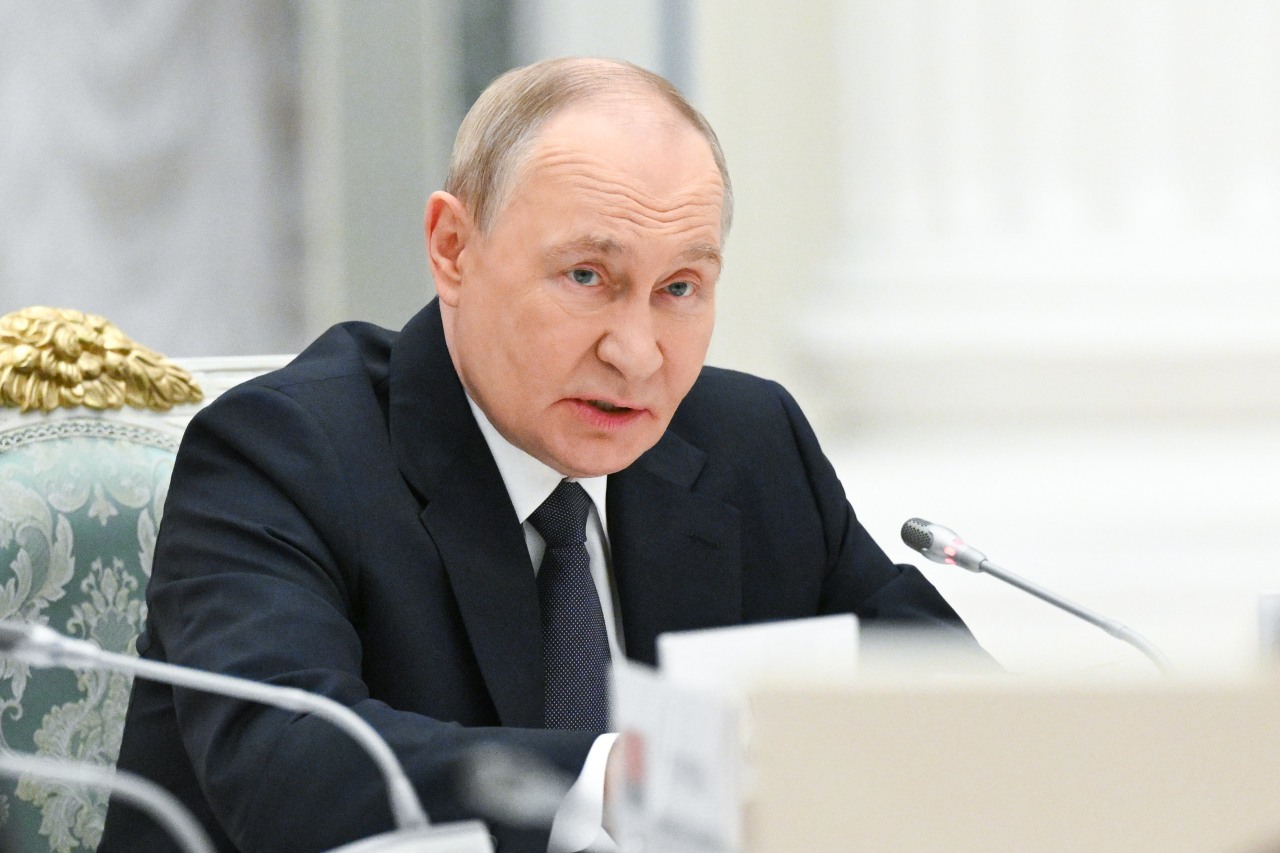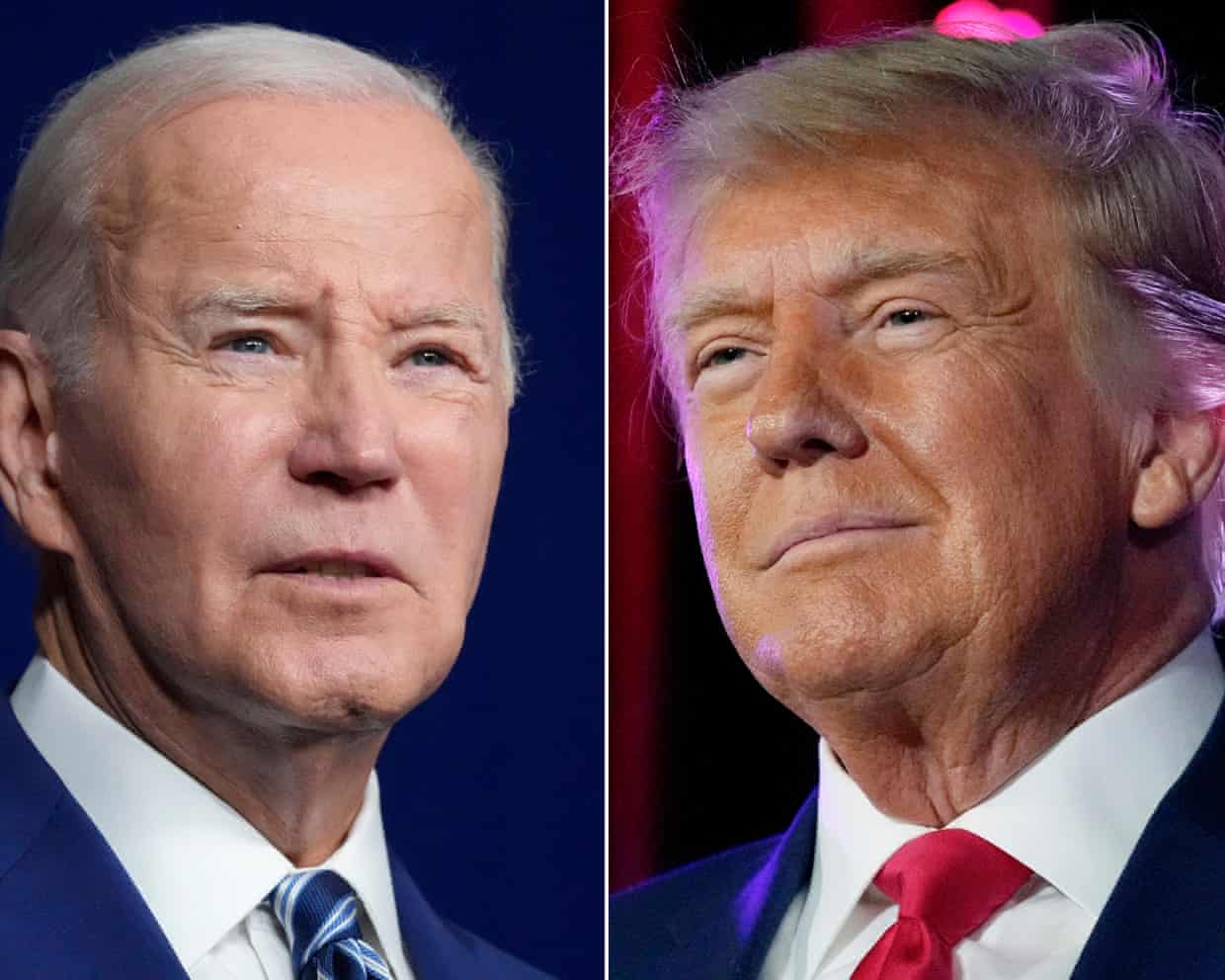Former President Donald Trump finds himself adopting the foreign policy framework of President Joe Biden, particularly the “as long as it takes” approach toward Russia amidst the ongoing conflict in Ukraine. This shift highlights a significant alignment in U.S. foreign policy as both leaders grapple with the complexities of dealing with Vladimir Putin and the repercussions of his actions on the global stage.
The Biden administration has maintained a steadfast commitment to supporting Ukraine, providing billions in military assistance and economic aid. As of March 2024, this support has reached an estimated $75 billion, demonstrating a robust strategy aimed at countering Russian aggression and assisting Ukraine in its defense efforts. Trump’s recent statements suggest that he is increasingly echoing this perspective, emphasizing the need for continued support in the face of Russian threats.
Despite Trump’s previous skepticism regarding U.S. involvement in foreign conflicts, he now appears to endorse the notion that American assistance will be crucial for Ukraine’s resilience. This marks a noteworthy departure from his earlier position and indicates a broader recognition of the implications of the conflict, not only for Europe but also for U.S. national security interests.
The situation in Ukraine remains complex, with ongoing military engagements and a humanitarian crisis that continues to unfold. NATO, under Biden’s leadership, has reaffirmed its commitment to collective defense, which has garnered support from European allies. The unity displayed by NATO members contrasts sharply with the fractured approach seen in previous administrations, highlighting the significance of a coordinated response to Russian actions.
As the conflict progresses, the implications for U.S.-Russia relations remain uncertain. Trump’s alignment with Biden’s strategy could signal a potential shift in Republican foreign policy should he seek the presidency again. His willingness to embrace a more interventionist stance, even if it aligns with Biden’s policies, may resonate with voters who prioritize national security and international stability.
In Washington D.C., political analysts are closely monitoring these developments. The evolving dynamics between Trump and Biden regarding Russia could shape the future of American foreign policy in a new era marked by geopolitical tensions. The collaboration—or at least convergence—between these two political figures on such a critical issue underscores the gravity of the current global landscape.
The European Union also plays a pivotal role in this scenario, implementing sanctions against Russia and providing support to Ukraine. As the conflict persists, the EU’s strategy will likely continue to influence U.S. policy decisions, creating a complex web of international relations that both administrations must navigate carefully.
The path forward is fraught with challenges, and while Trump’s recent stance may align him with Biden’s approach, the broader implications for U.S. foreign policy and its relations with key allies and adversaries remain to be seen. As the conflict in Ukraine continues, the international community will watch closely for any shifts in strategy from both the Biden administration and potential future leaders like Trump.







